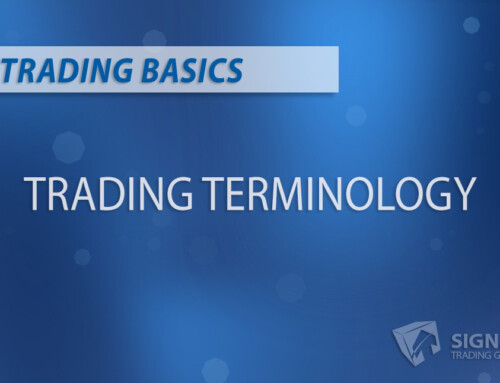Margin Call: The Call You Never Want to Receive
Trading on the margin can amplify gains but also the potential for losses. A margin call could become an unwelcome surprise that day traders must understand and be prepared for when trading on margin. This article explores a margin call, why it happens, the consequences, and practical strategies to prevent and resolve margin calls.
The Definition of a Margin Call
A margin call is a broker’s demand for a trader to deposit more cash or securities into their margin account to bring it back to the required maintenance margin level. It occurs when the equity in the margin account falls below the minimum requirement of the broker or the exchange. The primary reasons behind a margin call are a drastic decrease in the value of assets held in the account or the trader taking on excessive leverage.
Consequences of a Margin Call
Failure to meet a margin call can lead to severe consequences, such as:
- Liquidation of positions: Your broker might liquidate some or all of your assets in the account to satisfy the margin call. This process might result in immediate losses or missed profit opportunities.
- Additional fees: Some brokers charge fees for margin calls, which can further amplify losses.
- Credit score impact: A margin call might indirectly affect your credit score if you’re unable to meet the financial demand, resulting in a loan or credit default.
Tips for Preventing Margin Calls
To reduce the likelihood of receiving a margin call, consider the following steps:
- Set stop-loss orders: By setting stop-losses on every trade, you can limit potential losses and avoid large drawdowns in your margin account.
- Monitor your account balances: Regularly check your account performance, maintenance margin, and leverage ratios to ensure they are within acceptable limits.
- Use lower leverage: While it might be tempting to maximize your leverage, it can give you a greater buffer against market fluctuations and unforeseen events.
Dealing with a Broker During a Margin Call
If you’re facing a margin call, consider these tips for working proactively with your broker:
- Maintain open communication: Contact your broker immediately to discuss your options. They can provide advice or suggest alternatives you still need to consider.
- Consider additional capital contributions: Deposit more cash or securities into your margin account to meet the margin call. This can help avoid the liquidation of your current positions.
- Explore alternative trading strategies: With your broker’s guidance, consider modifying your trading strategy to reduce the likelihood of future margin calls.
Resolving Margin Calls Effectively
To resolve a margin call, follow these steps:
- Evaluate your portfolio: Assess your current positions to determine which are at high risk or are underperforming. You should close some positions (taking losses if necessary) to meet the margin call.
- Meet the margin call: Once you’ve decided on your action, carry it out as quickly as possible. Continuously monitor asset prices and your account performance to ensure you’ve met the margin call before the deadline set by your broker.
- Review your risk management strategies: After resolving the margin call, re-evaluate your trading strategies, risk management, and leverage usage to identify areas for improvement and prevent future margin calls.
By understanding what a margin call is and following the tips above, you can mitigate the negative consequences of a margin call while still enjoying the benefits of trading on margin. With proper preparation and careful risk management, you can minimize your chances of experiencing a margin call in the future.
Conclusion
A margin call happens when an investor’s equity falls below their broker’s maintenance requirements. While margin calls can cause significant losses, understanding the risks and managing your account can help prevent them. Knowing how to respond quickly when you receive a margin call is also critical for minimizing losses. With proper preparation and risk management, you can better protect yourself from margin calls and enjoy the benefits of trading on the margin.





